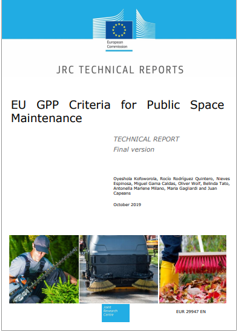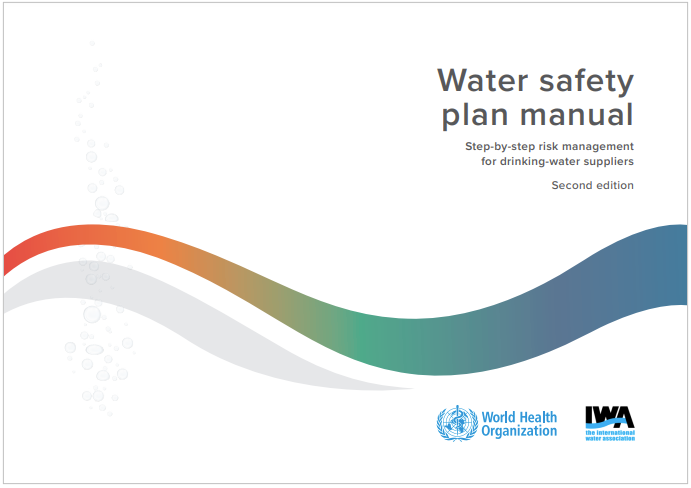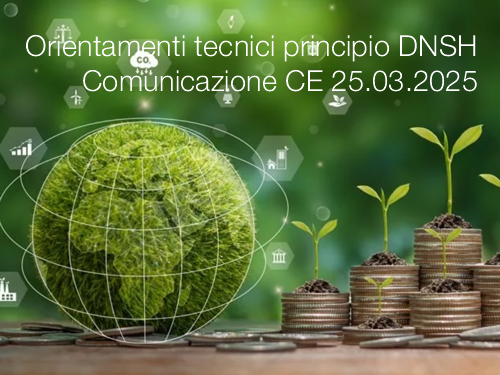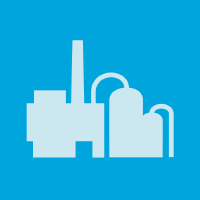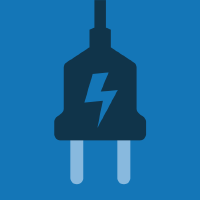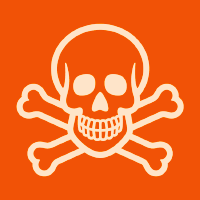Global Mercury Assessment
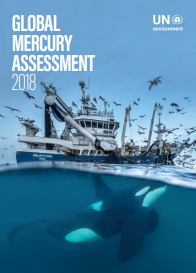
Global Mercury Assessment
Update 2018
The Global Mercury Assessment 2018 is the fourth such assessment undertaken by The United Nations Environment Programme (UN Environment), following earlier reports in 2002, 2008, and 2013. It is the second assessment produced by UN Environment in collaboration with the Arctic Monitoring and Assessment Programme (AMAP). The assessment is supported by a technical background document, the chapters of which have been prepared by teams of experts and peer-reviewed for scientific quality. This summary document presents the main findings of the technical document in plain language. Recognizing the relevance of the results of the Global Mercury Assessment 2018 for policy makers, this section presents key findings of highest policy relevance.
The Global Mercury Assessment is based on improved information for estimating emissions and releases and improved understanding of the mercury cycle in the environment.
The report provides new information about mercury exposure in animals and humans. These improvements are the result of mercury research and monitoring around the world. They provide a strong base of knowledge to support actions to reduce mercury emissions and releases and to reduce ecosystem and human exposure. Further improvements in our understanding of mercury can further refi ne the ability to identify effi cient actions to reduce mercury pollution and its eff ects. Such improvements include basic research on aspects of the mercury cycle as well as systematic monitoring methods to expand the geographic coverage of measurements of mercury pollution. As a chemical element, mercury cannot be destroyed. Mercury removed from fuels and raw materials in order to reduce emissions will result in mercury-contaminated waste, which in turn can be a source of releases. Mercury removed from emissions and from releases must still be managed responsibly to avoid it becoming a waste management problem or a secondary source. Understanding how mercury removed from current uses and sources is currently managed and how it can be safely managed and stored in the future will help account for the full life-cycle of mercury that is mobilized through human activity, safeguarding the environment and humans when it is removed.
UNECE
Collegati
Allegati
|
Descrizione |
Lingua |
Dimensioni |
Downloads |
 |
|
EN |
16157 kB |
1019 |
 |
|
EN |
8964 kB |
983 |
 |
|
EN |
6938 kB |
1070 |
 |
|
EN |
5645 kB |
917 |
